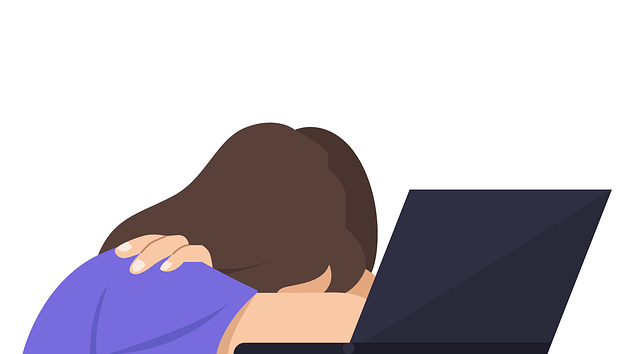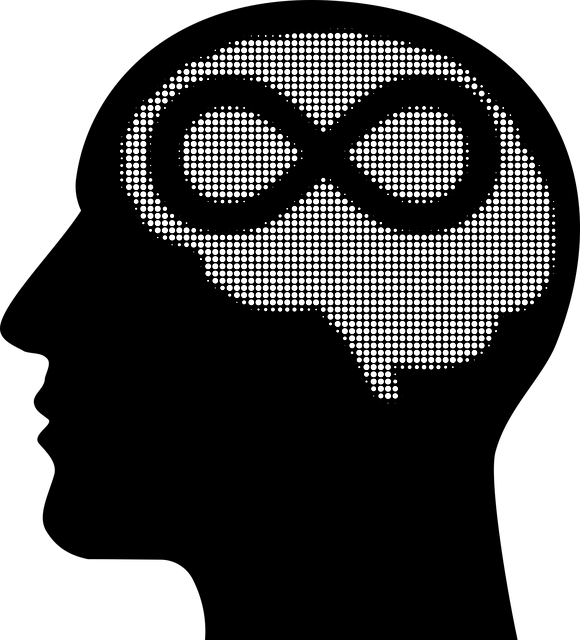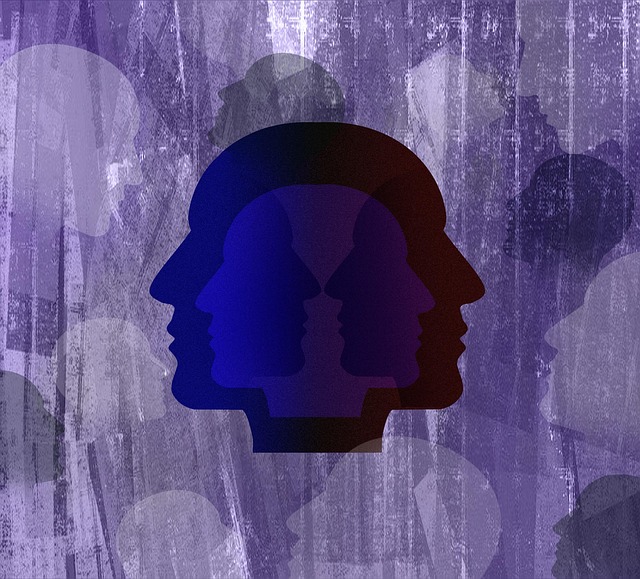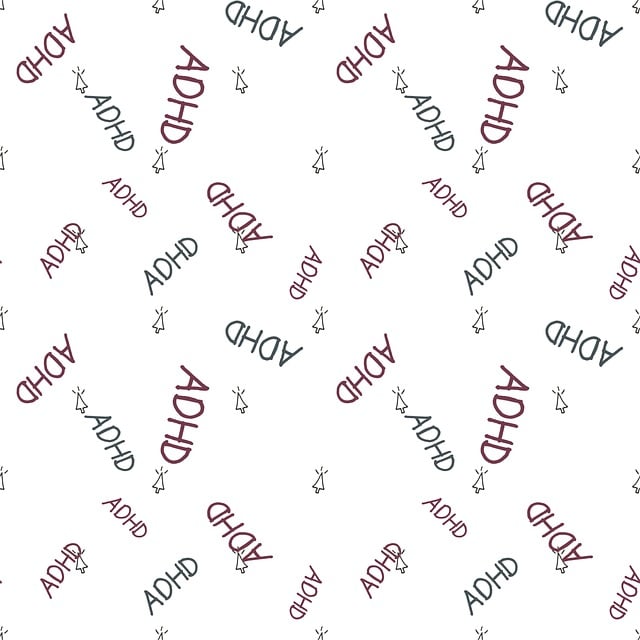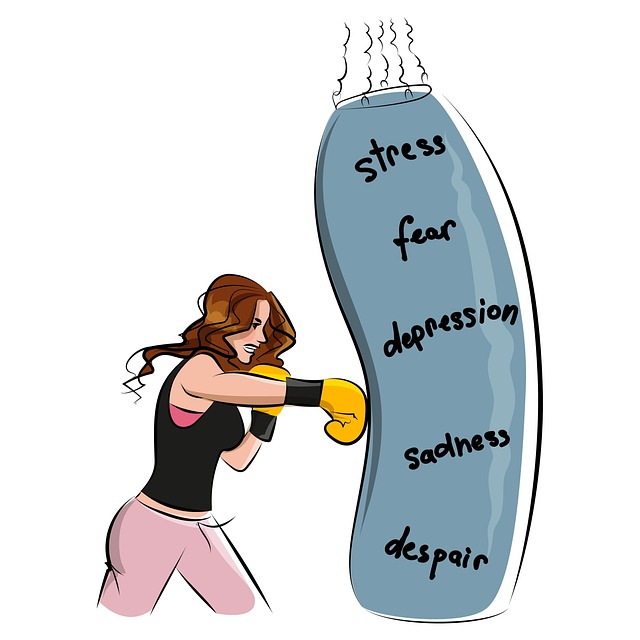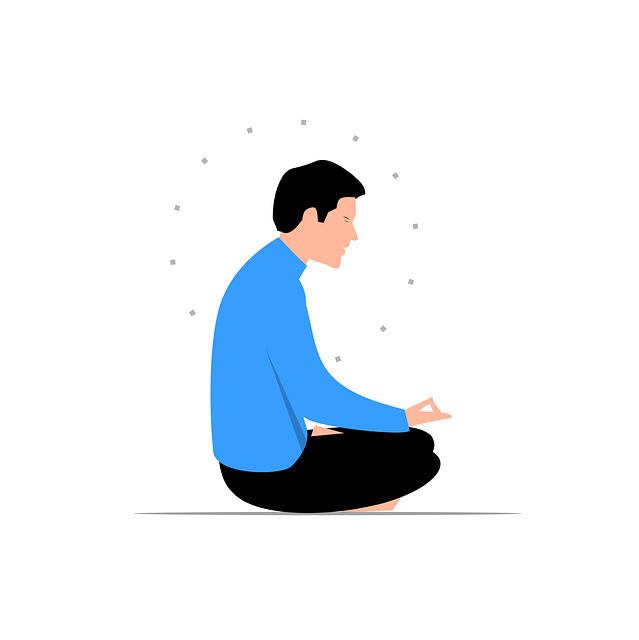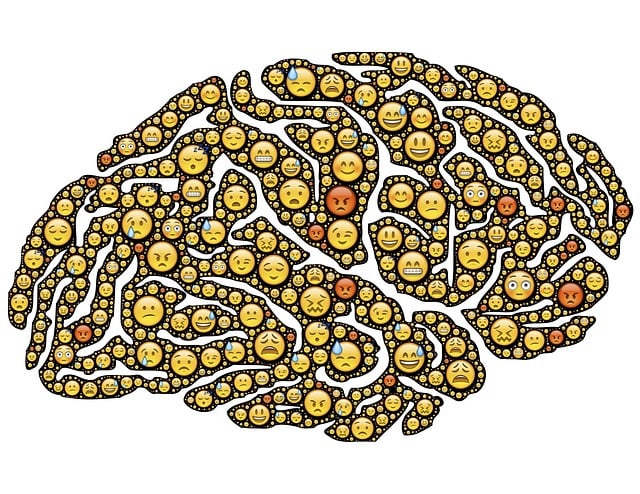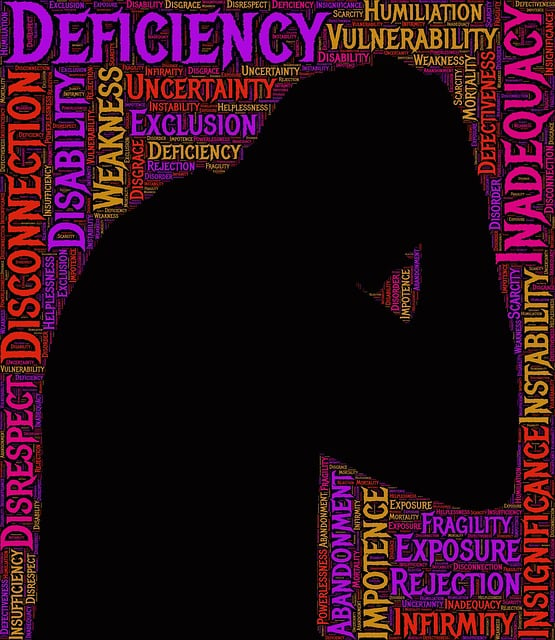Mental wellness apps like Boulder Self-Esteem Therapy offer personalized tools for managing stress, anxiety, and low self-esteem through mindfulness, self-awareness exercises, and mood tracking. Key features should include interactive self-reflection tools, tailored meditations, Coping Skills Development modules, visual progress tracking, and conflict resolution techniques. Developing such an app requires strategic planning, market research, evidence-based therapeutic techniques, secure coding, effective marketing, and continuous updates based on user feedback to ensure its long-term relevance and benefit.
In today’s digital age, mental wellness app development has emerged as a powerful tool for fostering better psychological health. With an increasing demand for accessible therapy solutions, apps like Boulder Self-Esteem Therapy are revolutionizing personal growth. This article explores the potential of mental wellness apps, delving into designing effective features for self-esteem therapy and outlining the development process, launch strategies, and continuous improvement techniques for these innovative tools.
- Understanding Mental Wellness and its App Potential
- Designing Effective Features for Boulder Self-Esteem Therapy Apps
- Development Process, Launch, and Continuous Improvement Strategies
Understanding Mental Wellness and its App Potential

Mental wellness is a holistic concept encompassing emotional, psychological, and social well-being. It’s about understanding and managing our thoughts, feelings, and behaviors to lead fulfilling lives. In today’s fast-paced world, many individuals face challenges related to stress, anxiety, and low self-esteem, often leading to burnout. Apps designed for mental wellness have immense potential to reach and support a wide range of users, from those seeking stress management tools to individuals looking for Boulder Self-Esteem Therapy or confidence-boosting exercises.
These applications can offer personalized experiences tailored to individual needs, incorporating features like mindfulness practices, self-awareness exercises, and mood tracking. By integrating concepts such as burnout prevention strategies, users can gain insights into their mental health patterns and take proactive steps towards improving overall well-being. This digital approach democratizes access to support, enabling folks to foster resilience and navigate life’s challenges with enhanced coping mechanisms.
Designing Effective Features for Boulder Self-Esteem Therapy Apps

Designing effective features for Boulder Self-Esteem Therapy apps requires a nuanced understanding of users’ emotional needs and challenges. Apps should offer interactive tools that encourage self-reflection, promote healthy coping mechanisms, and facilitate progress tracking. Incorporating exercises like journaling prompts tailored to emotional regulation can empower users to better manage their feelings. By integrating conflict resolution techniques within the app, users gain practical skills to navigate interpersonal interactions with increased confidence.
Key features should focus on personalized experiences that adapt to individual needs. This could include adaptive mood trackers, mindfulness meditations tailored to specific triggers, and interactive modules teaching Coping Skills Development. Visual representations of progress, such as charts or graphs, can boost user engagement and motivate them to continue their journey towards improved self-esteem.
Development Process, Launch, and Continuous Improvement Strategies

The development process for a mental wellness app, such as Boulder Self-Esteem Therapy, involves careful planning and execution. It begins with identifying user needs and preferences through market research and user feedback. This stage is crucial for designing features that resonate with the target audience, ensuring an intuitive user experience, and integrating evidence-based therapeutic techniques. The next phase focuses on coding and platform selection, where developers build the app using secure and scalable technologies. Testing and quality assurance are integral to fixing bugs and enhancing performance.
Upon launch, the success of the app is just beginning. Effective marketing strategies, including partnerships with mental health organizations like Stress Management Workshops and promotions through Mental Health Awareness campaigns, can drive user adoption. Post-launch, continuous improvement is vital for sustaining engagement. Regular updates incorporating new features, algorithms based on user feedback, and integrating Emotional Well-being Promotion Techniques can keep the app relevant and beneficial. User analytics also play a significant role in understanding app usage patterns and identifying areas for enhancement.
The development of mental wellness apps, particularly those focused on Boulder Self-Esteem Therapy, presents a promising avenue for enhancing psychological well-being. By combining user-centric design with evidence-based practices, developers can create tools that empower individuals to take control of their mental health. The process involves careful consideration of features that foster self-reflection, provide personalized guidance, and offer a safe digital space for therapy. Continuous improvement through user feedback and data analysis ensures these apps remain effective and relevant in meeting the evolving needs of users seeking Boulder Self-Esteem Therapy support.

